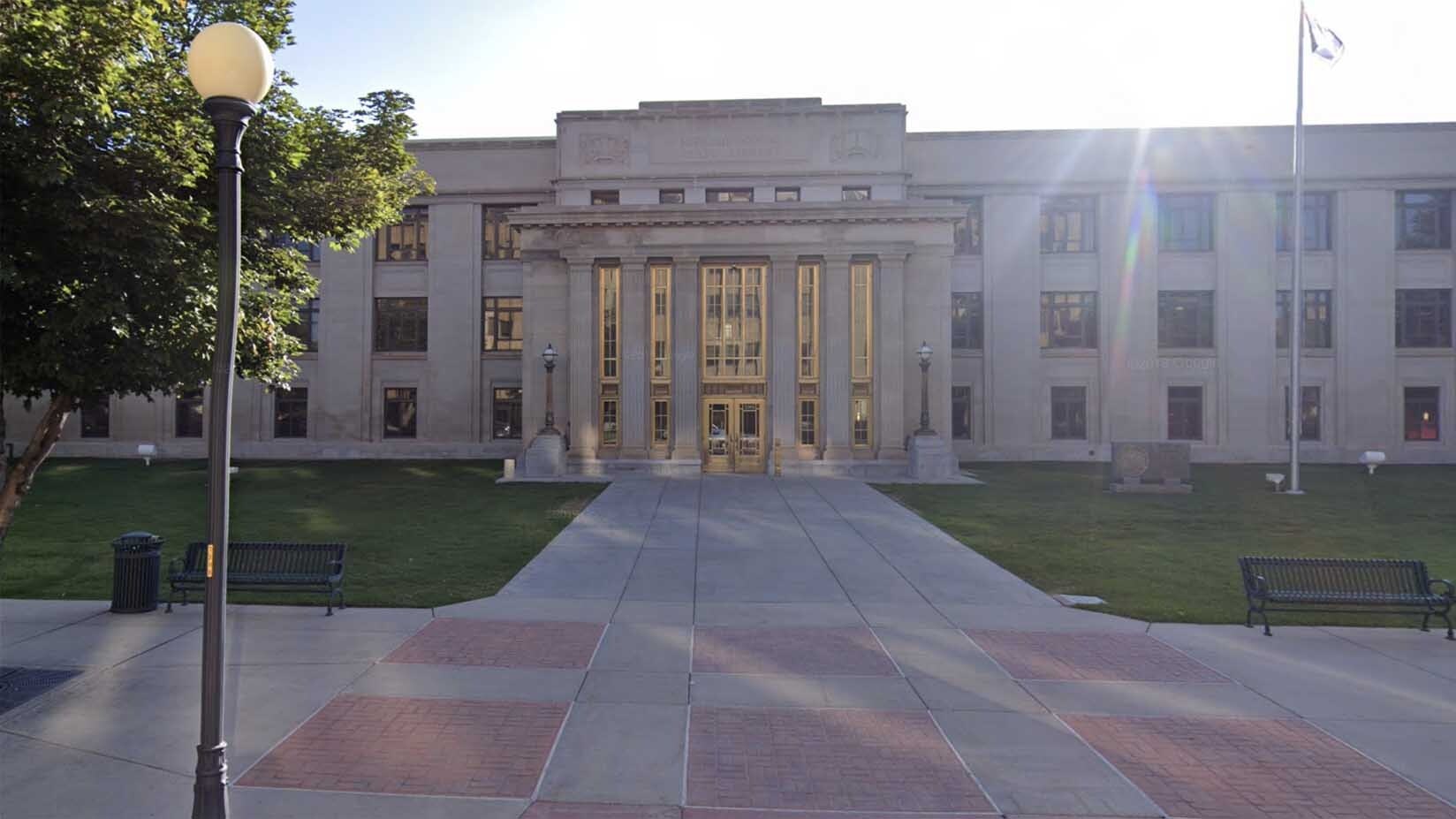Two Casper attorneys have been censured by the Wyoming Supreme Court this month, one for driving while under the influence of alcohol and the other for “lack of diligence.”
The Supreme Court on Wednesday confirmed the recommendation of the Wyoming State Bar’s Board of Professional Responsibility to censure Todd Hambrick and John Hoard. A censure is a formal, public reprimand.
Todd H. Hambrick has been practicing law in Casper since 1993. He was arrested on the evening of June 22, 2019 in Grand Teton National Park and was cited for DUI.
Hambrick’s blood alcohol content was .193, more than twice the legal limit.
After pleading guilty to the charge, Hambrick was sentenced on Aug. 21, 2019, to one year of unsupervised probation and was ordered to not commit any other crimes, use or possess alcohol or enter an establishment whose primary sales are alcohol and continue treatment with an addiction therapist. He was ordered to pay a fine of $1,500 and $40 in court costs.
On the late afternoon of Sept. 16, 2019, Hambrick was again arrested for drunk driving after he was seen driving the wrong way down a busy Casper street. His BAC was .18, more than twice the legal limit.
Following his second arrest, Hambrick agreed to submit to multiple daily alcohol breath checks, but in December, it was reported that his compliance had been “spotty,” the Board of Professional Responsibility said in its report.
In February, Hambrick was sentenced to six months in jail (with all but 15 days suspended) for his DUI and paid $505 in court costs and and a payment to the victim’s compensation fund.
The Supreme Court censured Hambrick due to his pattern of misconduct, multiple offenses and illegal conduct.
John C. Hoard has been licensed to practice since 1982 and maintains an active firm in Casper. In 2017, he was hired by “S.E.” for the purpose of filing a chapter 7 bankruptcy, for which Hoard was paid.
The filing was delayed due to S.E.’s illness, but in late April 2018, the client instructed Hoard to proceed with the bankruptcy filing. Hoard didn’t timely comply with S.E.’s request, according to the Board of Professional Responsibility’s report.
In March 2019, frustrated at Hoard’s lack of diligence, S.E. fired her lawyer. When she hired a new attorney, she discovered she was longer eligible for a Chapter 7 proceeding and would have to file a Chapter 13 bankruptcy petition instead.
The chapter 13 plan required S.E. to make more than $44,000 in payments to creditors, which wouldn’t have been required had Hoard filed a Chapter 7 petition. She became ineligible for Chapter 7 bankruptcy in January 2019.
Hoard admitted to negligence and lack of diligence. The Supreme Court censured him due to his substantial experience and the client’s vulnerability.





